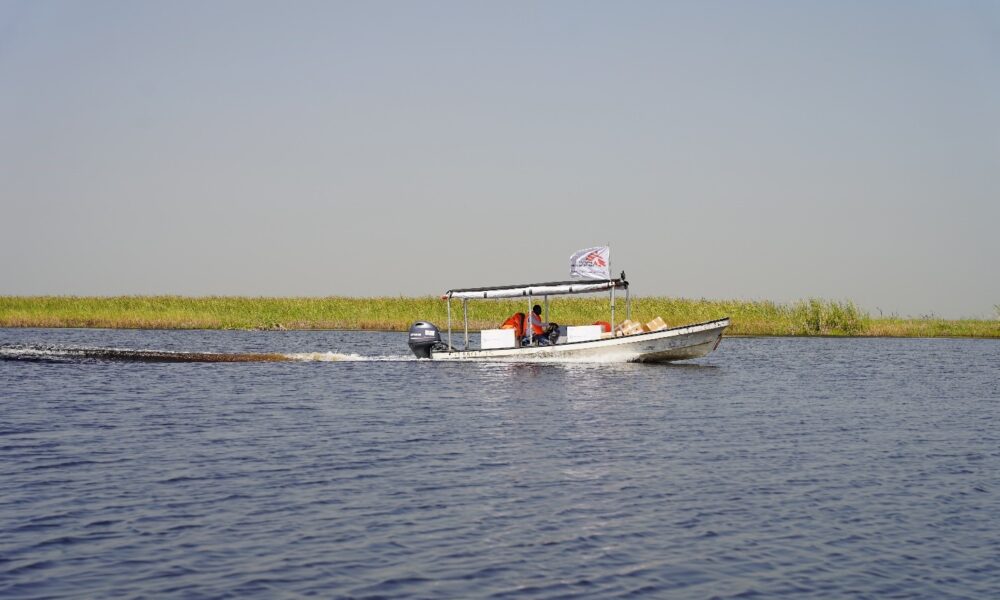By Philip Buda Ladu
Médecins Sans Frontières (MSF) has strongly condemned an armed attack on its healthcare workers in Upper Nile State, which has now forced the organization to suspend medical outreach activities in Nasir and Ulang counties.
In a statement extended to this outlet, MSF said on Wednesday, January 15, two clearly marked MSF boats carrying six staff members were returning to Ulang after delivering medical supplies to Nasir County Hospital when they came under fire from unidentified gunmen.
The attack forced the staff to abandon the boats and swim to safety in a nearby village. One staff member reportedly sustained an injury during the escape and is receiving medical treatment.
According to MSF all staff members are now safe in Ulang.
“Such attacks on healthcare workers are unacceptable and highlight the volatile environment in which humanitarian organizations operate in South Sudan,” said Zakaria Mwatia, MSF head of mission in South Sudan.
“The people living in Nasir and Ulang counties already face limited access to healthcare, and the impact of such violence further jeopardizes the delivery of essential medical services, placing them at increased risk.” He continued.
MSF provides critical support to Nasir County Hospital, delivering essential medical supplies, training staff, and supporting surgical services, HIV and TB treatment, and patient transfers.
In Ulang County, MSF operates a hospital and a network of 13 outreach facilities.
The attack has forced the medical charity to suspend all movement for outreach activities in the affected areas, further limiting access to healthcare for vulnerable communities.
MSF has called for immediate measures to ensure the safety and protection of humanitarian workers and the unimpeded delivery of essential medical care.
MSF works in six of South Sudan’s 10 states and two administrative areas, providing a range of medical services, including general and mental healthcare, specialist hospital care, and assistance to displaced people and remote communities.
They also respond to emergencies and disease outbreaks and conduct preventative activities such as vaccination campaigns.




